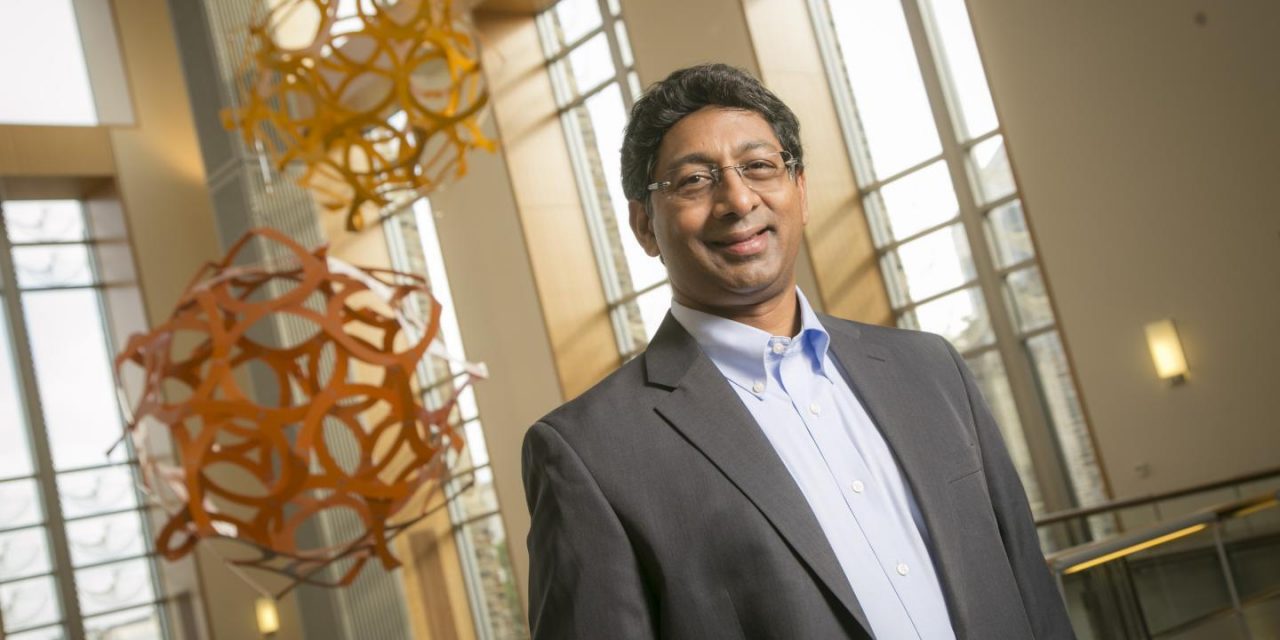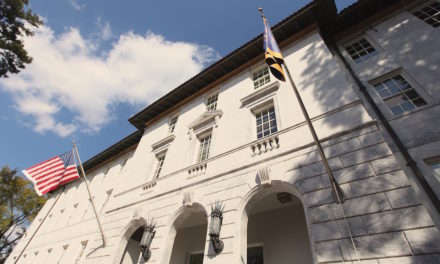Dean of the Pratt School of Engineering at Duke University Ravi Bellamkonda has been selected as the next provost and executive vice president for academic affairs. He will assume the role on July 1, University President Gregory L. Fenves announced in a University-wide email on Feb. 16.
Bellamkonda was previously a professor at Emory and the Georgia Institute of Technology from 2003 to 2016, serving as the chair of the Coulter Department of Biomedical Engineering from 2013 to 2016.

Professor in the Department of Biomedical Engineering at Duke University Ravi Bellamkonda will take over as provost on July 1. (Duke University).
The Provost Search Advisory Committee considered over 70 candidates nationwide in their search, the email reads. Fenves stated that Bellamkonda’s demonstration of “collaboration, optimism, humility, and integrity” helped him stand out above others.
In a statement included in Fenves’ email, Bellamkonda expressed his excitement to return to Atlanta and Emory.
“This amazing university has the potential to lead in so many areas: from the creative arts and medicine to undergraduate and graduate education and beyond,” Bellamkonda wrote. “I know that there is much work to be done, but for me, it all begins with listening to you … so that I can help, facilitate and make it easier for you to realize them in every way possible.”
During his time at Duke, Bellamkonda oversaw a greater than 10% increase in the school’s tenure-track faculty and the construction of a $115 million engineering building.
Interim Provost Jan Love will resume her role as dean of the Candler School of Theology when Bellamkonda takes over. Love served as interim provost since December 2019 following the departure of former Provost Dwight McBride.
The Emory Wheel was founded in 1919 and is currently the only independent, student-run newspaper of Emory University. The Wheel publishes weekly on Wednesdays during the academic year, except during University holidays and scheduled publication intermissions.
The Wheel is financially and editorially independent from the University. All of its content is generated by the Wheel’s more than 100 student staff members and contributing writers, and its printing costs are covered by profits from self-generated advertising sales.






